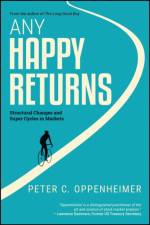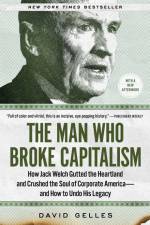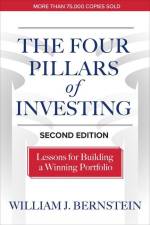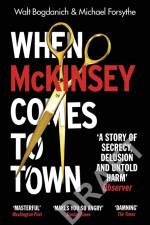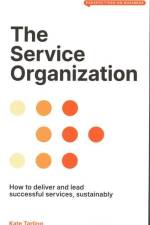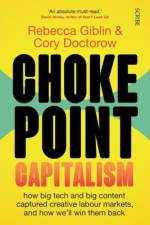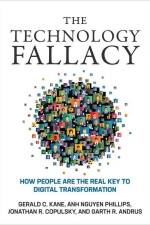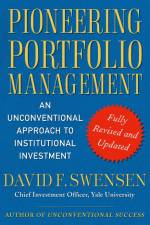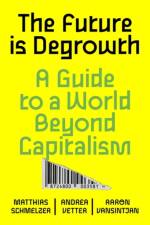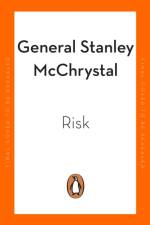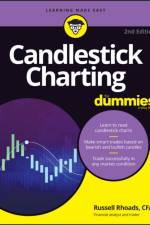av Michael Gatto
841
PRAISE FOR THE CREDIT INVESTOR'S HANDBOOK "Credit analysis is an underappreciated skill that is essential for investing a cross all asset classes, private and public. Michael's book is an incredibly detailed, step-by-step 'how-to' manual for analyzing credit investments, from performing to distressed, and understanding the complexities of the bankruptcy process." --Joyce Chang, Chair of Global Research, JP Morgan "While there are many books on investing in equities, until now, there were virtually no comprehensive books on investing in debt. The Credit Investor's Handbook fills this gap. While the book is focused on the debt markets, its analytical approach is extremely relevant to equities investors. Furthermore, Michael's use of real-life examples and humor make it an enjoyable read. The Credit Investor's Handbook is a 'must-read'for anyone pursuing a career in research, investment banking, capital allocation, and, most importantly, investing in an ever-evolving global marketplace." --Mario Gabelli, Chairman and Chief Executive Officer of Gabelli Funds "The Credit Investor's Handbook is an extraordinarily comprehensive look at credit investment strategies. It is chock full of rich examples that are bound to be useful in assessing the credit excesses that will undoubtedly unravel in the years ahead. I wish someone had handed me a copy when I came into the business." --Seth A. Klarman, CEO and Portfolio Manager, The Baupost Group "When I got my pre-publication copy of The Credit Investor's Handbook, I turned first to the chapters on distressed debt investing. I found a very helpful, logically organized introduction to the process and some fascinating 'warstories.'Like all good investment books, The Handbook doesn't purport to be a how-to that will yield easy profits, but it does a great job of explaining the elements that must be mastered." --Howard Marks, Co-Chairman, Oaktree Capital Management "Michael's excellent book, The Credit Investor's Handbook, is like a traditional bank's training program on steroids. It offers the same kind of detailed, real-life grounding in financial analysis that was critical to my early success on Wall Street. The book teaches you the practical skills needed to succeed and steers you away from academic theories that don't work in the real world of credit markets. Michael is a great teacher with the unique ability to breakdown complex analysis into simple steps, making it easy to learn. He also brings the same passion and terrific sense of humor he uses in his classroom to the pages of this textbook. I highly recommend it as a 'must-read'for all up-and-coming credit analysts." --Harvey Schwartz, CEO of the Carlyle Group

